If you could design a city of the future, how would you do it?
What type of challenges will city life face in the future, in terms of the environment, technology, transportation and energy?
How would you apply the knowledge you have learned to solve the problems facing future cities?
Recently, Pao students at our Hongqiao campus participated in the FabLab, a workshop focused on urban planning for the future organised by Pao School and Tongji University.

At the event, students were divided into small teams of urban planners. Each team had an 'architect', 'designer' and 'coordinator'. The teams were randomly assigned to one district of Shanghai and were required to build a prototype of what that district would look like in the future.
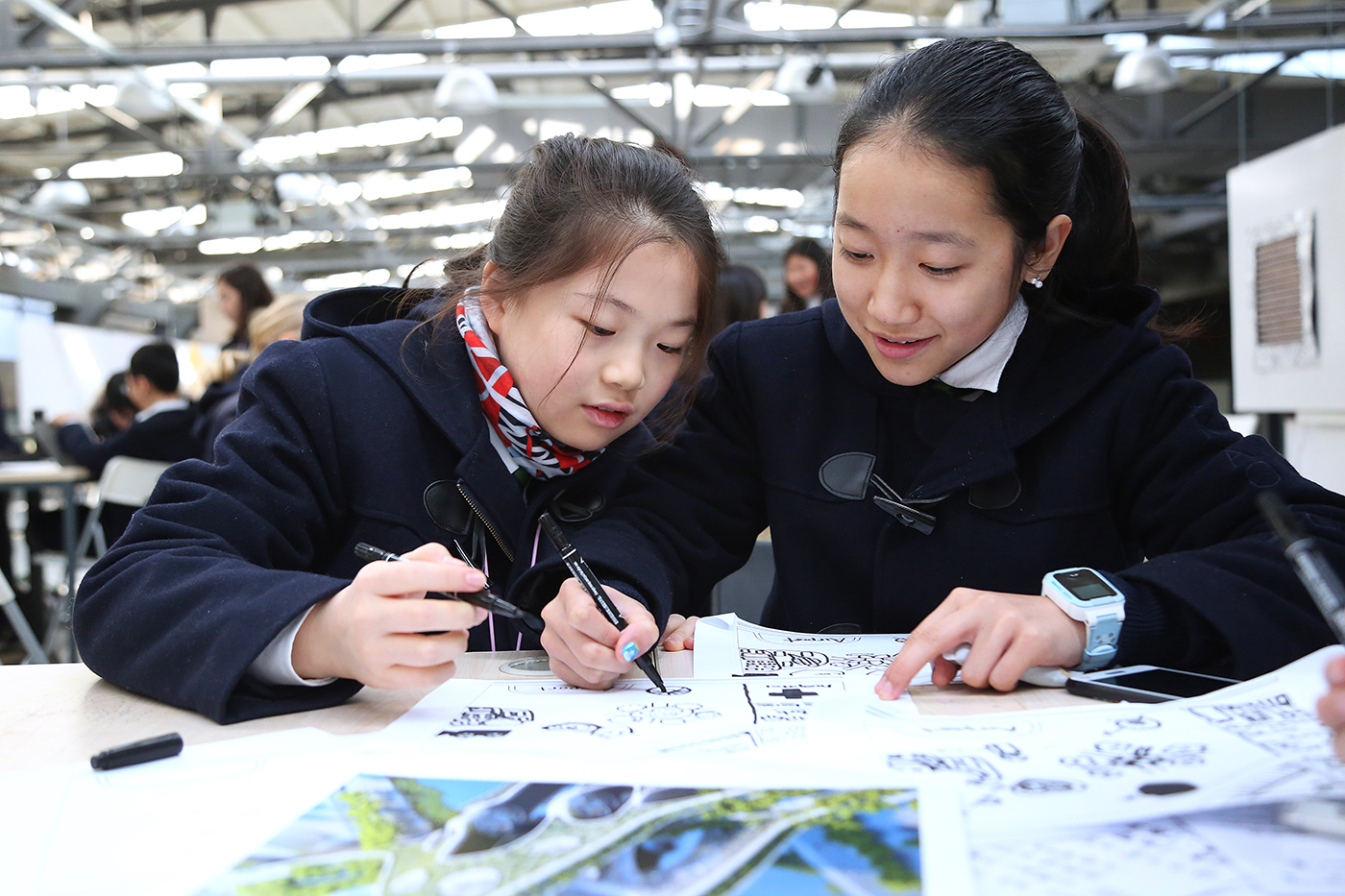
With the help of mentors, students set out to build the ideal urban district of the future, including a draft design that incorporated 3D printing, 3D scanning, virtual reality, augmented reality, 3D printing, 3D scanning, VR and AR, model construction, electronic circuits and other new technologies.
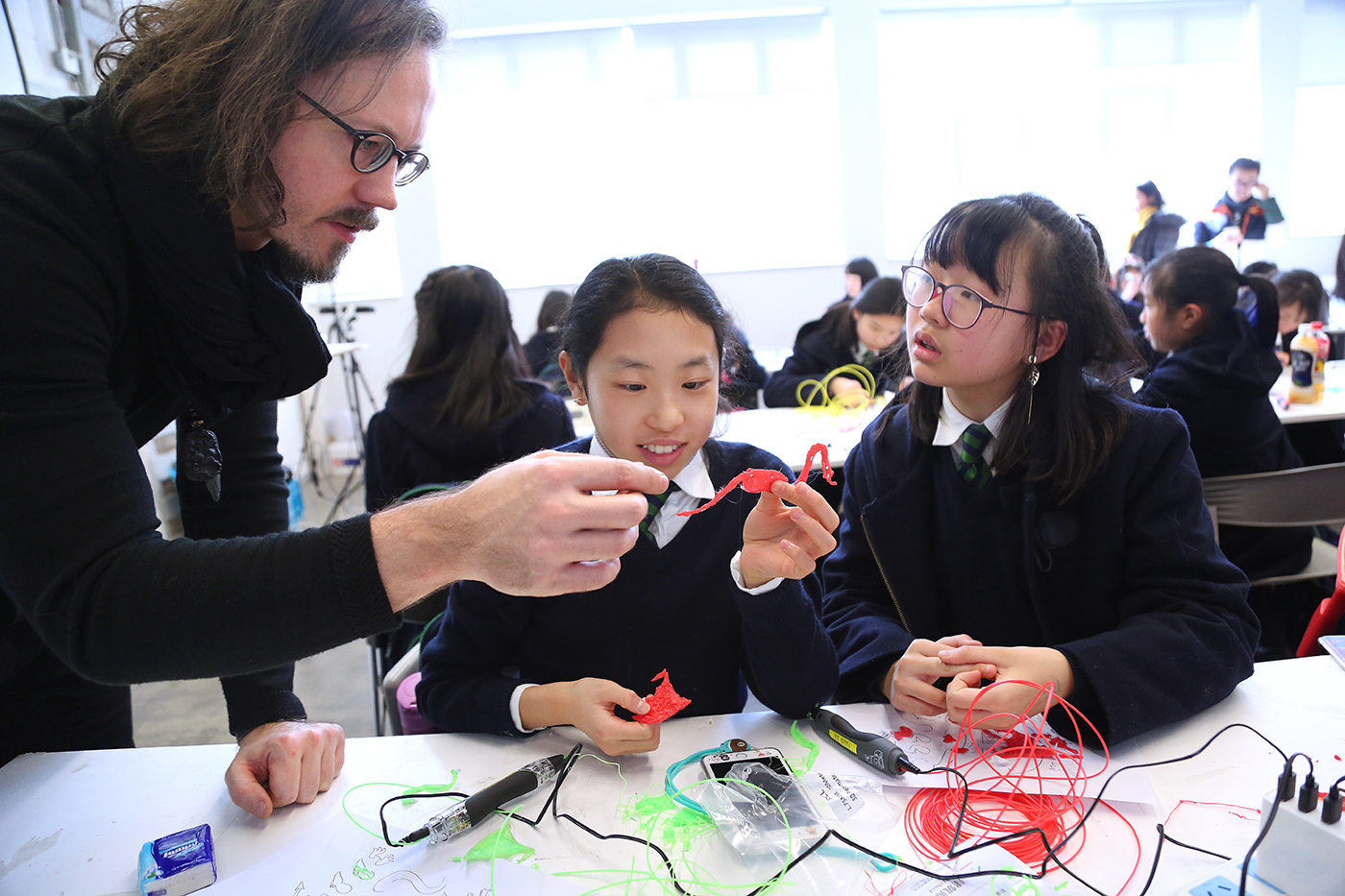
The activity was not entirely smooth sailing, since some parts of it were quite challenging. The FABO mentor explained:
This activity makes students aware of the creativity of their peers and the value of teamwork. By putting the students into different teams, we can develop a number of different ideas, and then select the best elements of each team's proposal for the final prototype. Students appreciate the opportunity to work on a real-life problem at school, and enjoy facing a modest challenge too.
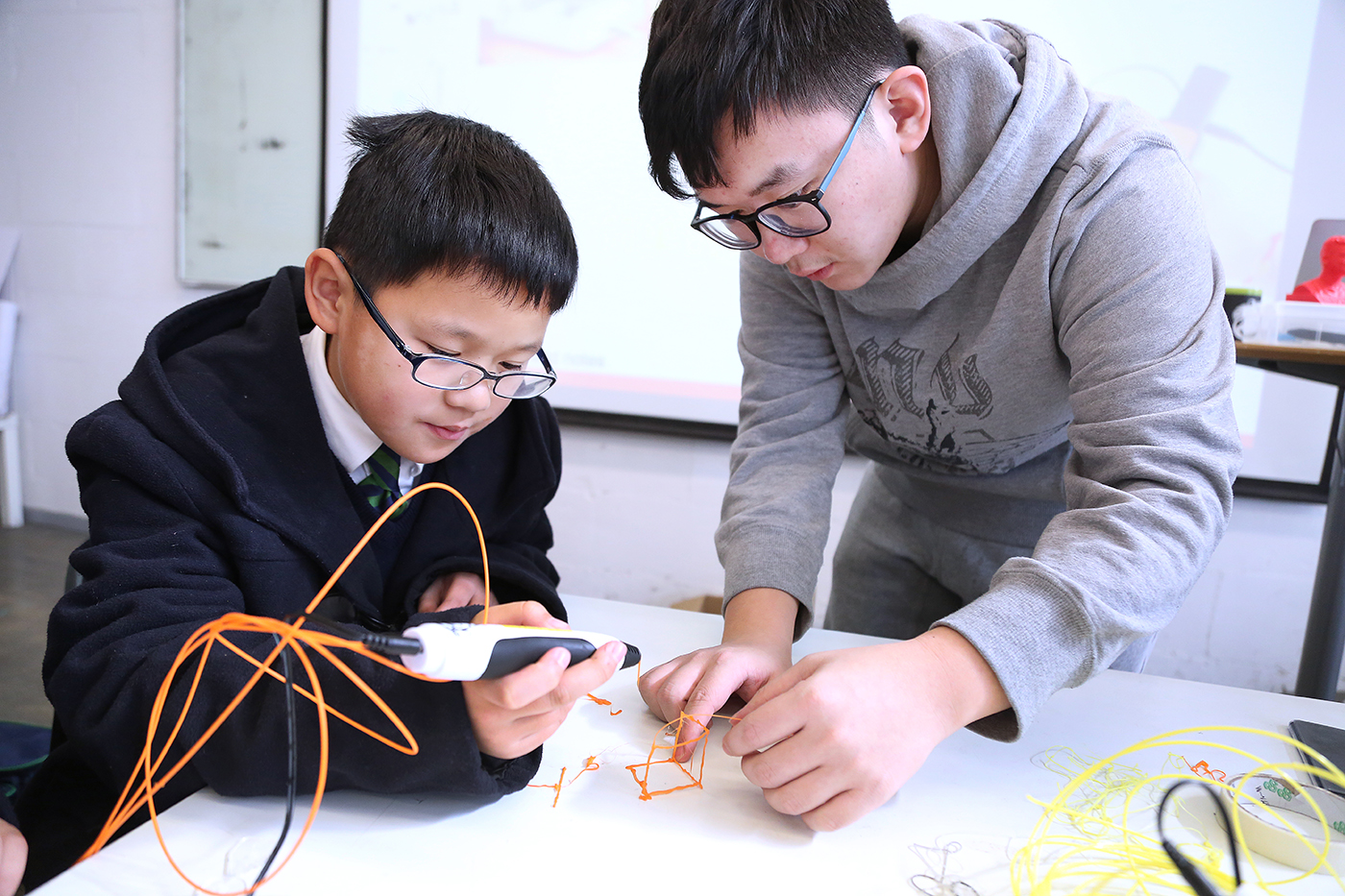
After spending some time to refine their proposals, the teams each did a presentation, explaining their design concepts and giving everyone a chance to evaluate the models. Let's have a look at the different cities of the future:

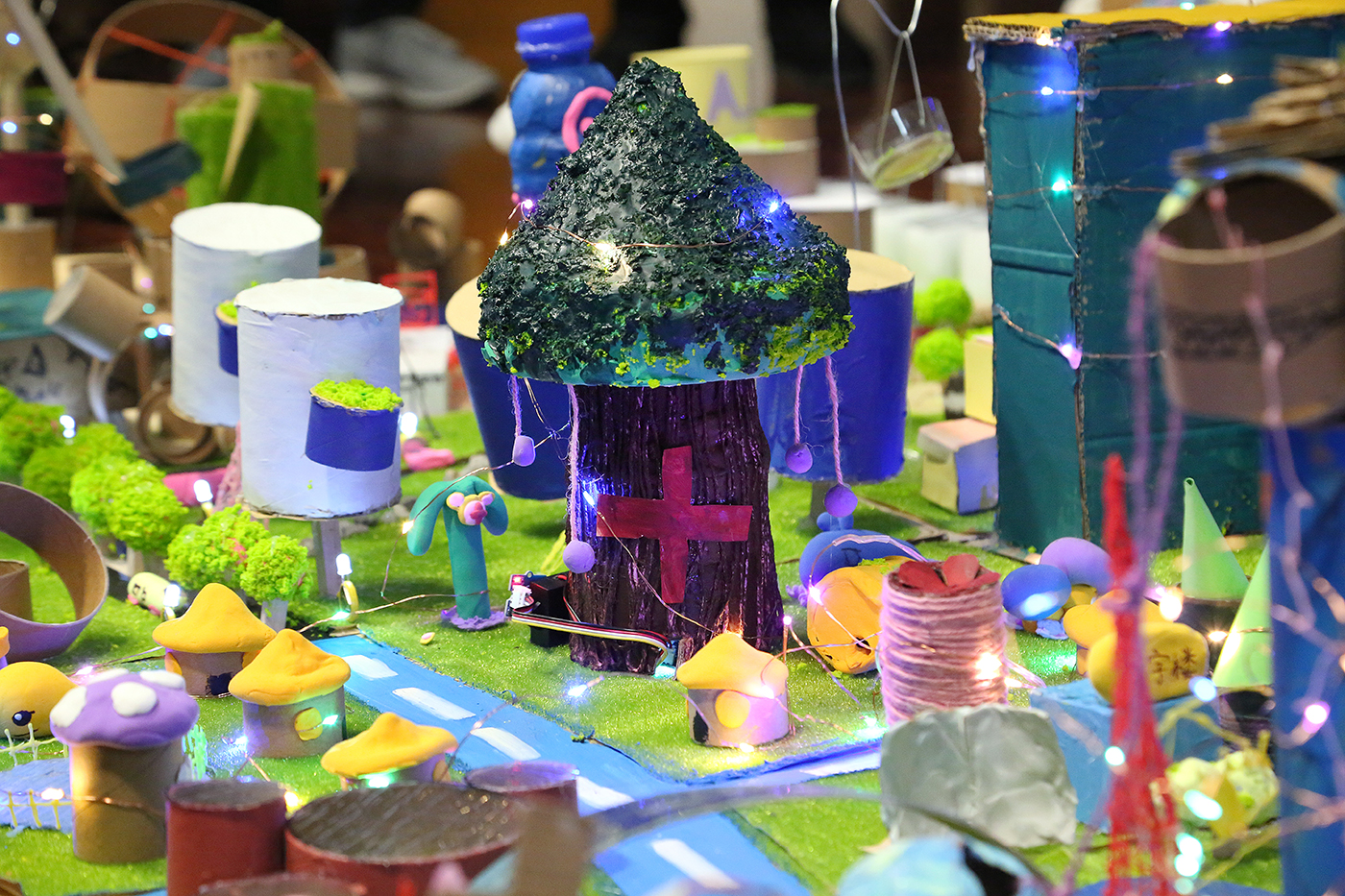
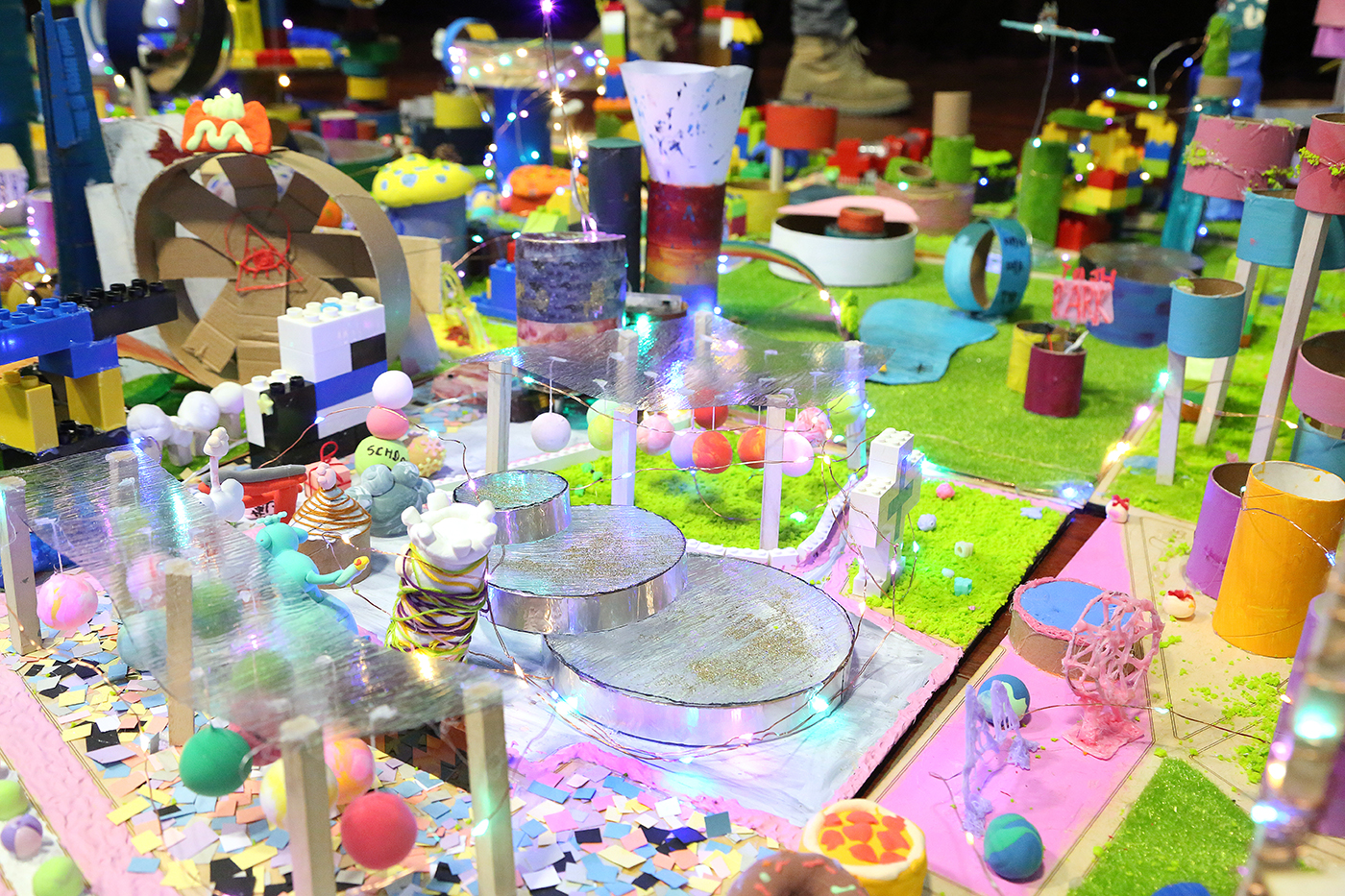
With recent technological advances, notably the rise of the Internet of Things and artificial intelligence, it is essential to cultivate innovative ability.

Pao School's STEM (Science, Technology, Engineering, and Mathematics) programme offers an activity-based educational approach, helping students to apply theoretical knowledge in real-world situations, which boosts their creativity and analytical thinking as well as problem-solving and decision-making ability.